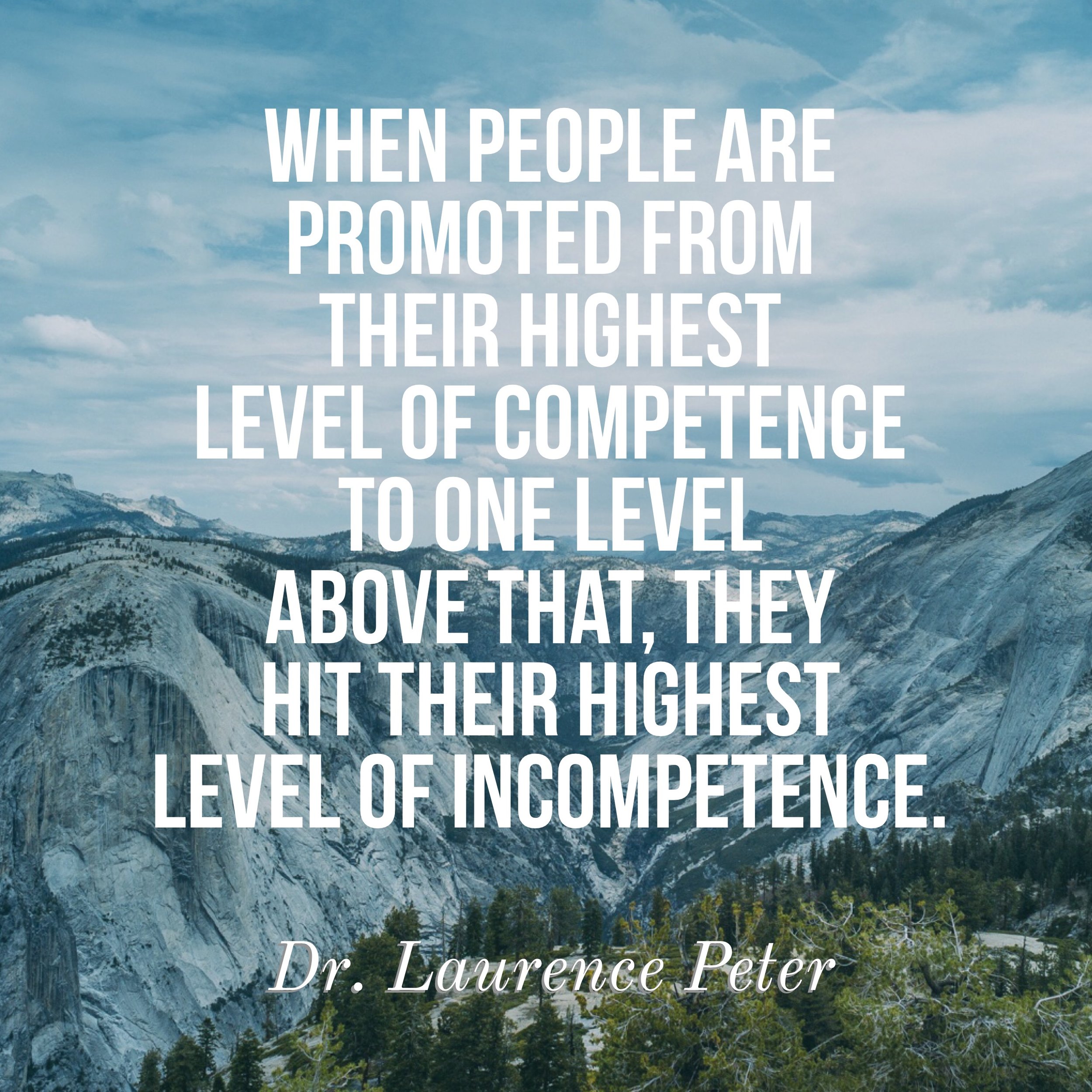It happened early on in my ministry.
My very first ministry job was at my home church. A position opened up just as I was a finishing my undergrad work and as I was starting up my Masters of Sacred Music program and I grabbed on to the opportunity as fast as I could.
Even though I had almost zero qualifications for the job.
But, sure, I’ll direct the contemporary worship service even though I had about 2 seconds of experience with the genre.
Oh, and direct the children’s choirs even though I’d never taken a children’s vocal pedagogy class? Gimme that.
I bit off way more than I could chew ... Because that was what was offered. And ... well ... I got to be pretty good at half of my job.
The contemporary/modern worship side was a big growth edge for me in terms of leadership. I had no idea what I was doing when I started, but I found learning how to lead worship to be be engergizing, especially as I was studying that very thing in seminary. Over three years, I really grew into that role and that led me into some wonderful opportunities.
But, that kid’s choir thing?
That wasn’t my jam.
I was not good at it. And I’m not a person that concedes defeat, or incompetence, easily.
There were some wonderful kids, though, and in the first year we did great things. Three choirs, from 3-year-olds to sixth grade. Children’s musical. Palm Sunday madness. Festival things. Singing regularly in Sunday worship. Year one was amazing.
Yet, over three years I ‘grew’ three choirs down to to, with just a handful of kids in the elementary age choir, because not only was I not good at it, I didn’t find it creatively stimulating at all. Because of that, I didn’t find much joy in the struggle and the program steadily decreased.
Now, I could say that it wasn’t all my fault and I don’t think it entirely was. It’s hard to grow programs at churches that feel ‘extra’ these days, and ten years ago it was no easier. Yet, we’ve all seen what can happen when the right person is matched with the right ministry.
When gifts line up with opportunity, the Holy Spirit can explode things in a way the church can only imagine.
As a human resource in my first ministry opportunity, my home church took more than a few risks in taking me on in faith, but if I knew then, what I know now, things might have been a bit ... different. Moving on into new opportunities directing worship programs I had a better understanding of my own gifts - and that discipling others with the right gifts into ministry opportunities that didn’t fit my own gifts is far better than me just trying to get by.
Which is where the Peter Principle comes in ... “When people are promoted from their highest level of competence to one level above that, they hit their highest level of incompetence.” In systems, we often tend to move people up the ladder until they fail, and then they go back down the ladder, or are made to fall of the ladder entirely.
What if people just need to be on a different ladder? OR ... What if the rung where a person is at is the perfect fit?
Over time, I was able to learn from my failures in that first ministry job. It didn’t hurt my call. In fact, my call to ministry as only grown as I’ve tried to cultivate a sense of humility in leadership.
But ... how do we, as the church, as nerds for getting people to work together to build up the Kingdom of God on earth as it is in heaven, help people discern the gifts they have for ministry? How do we help our leaders pivot to other opportunities for the good of the Kingdom if it isn’t working?
I think we’d all rather our people ride a wave of competence into confidence than incompetence into failure ... When we can. Many are the gifts, with One Spirit as the gift giver. How are we helping our people to find their gifts?
Failure isn’t a loss if we can learn from it, but do we know our people well enough to plug them into the right places and invite success?
My church just wrapped up a 5-week course designed to help our people do just that ... Personality profiles, spiritual gift assessments, and passions all lined-out in an effort to line them up in the right place. We’re already seeing the fruit and it’s just been two weeks since the wrap up. Our people are dreaming dreams, bring staff and pastors plans, entering into conversations - in a positive light - as to their own calls to ministry (because calls to ministry are not relegated to calls to ordination).
How does your faith family guide its people to their right ministry?

